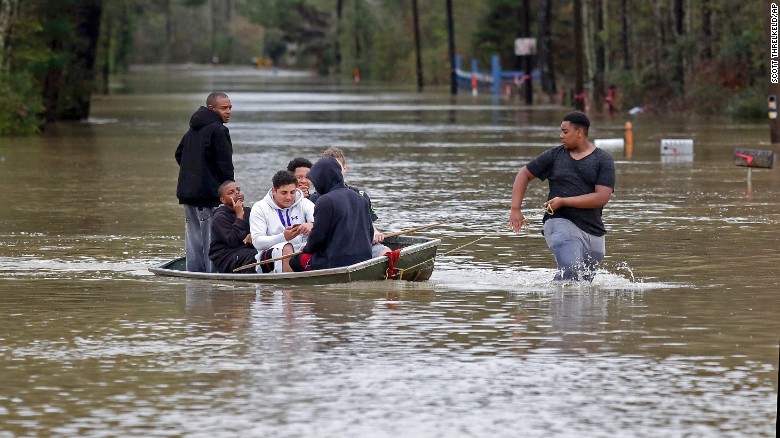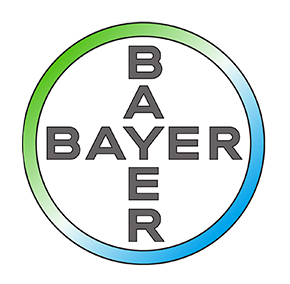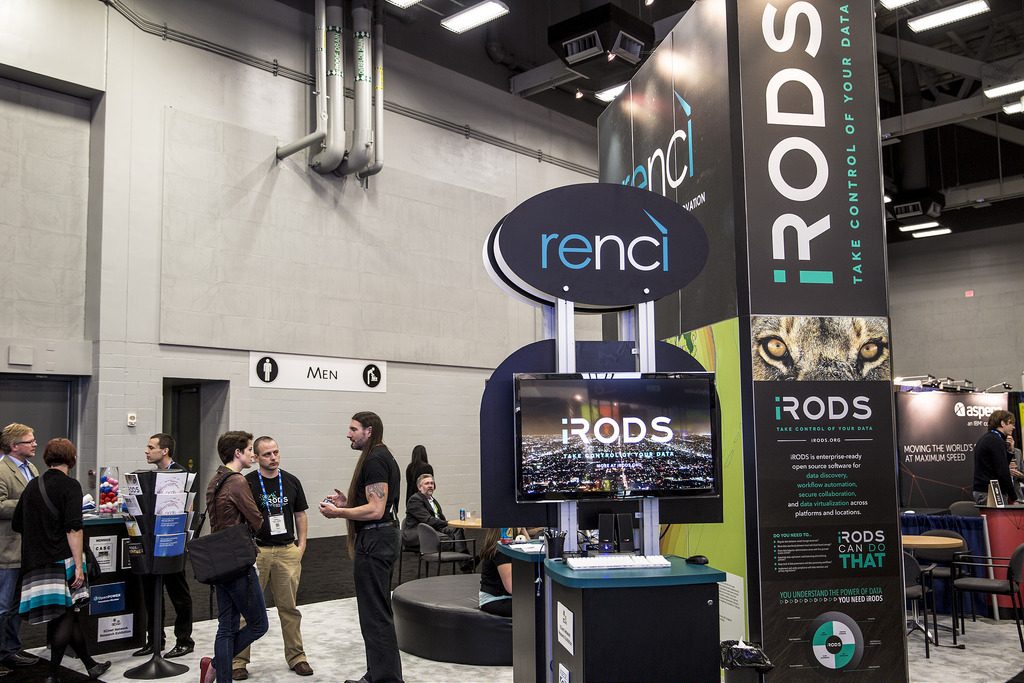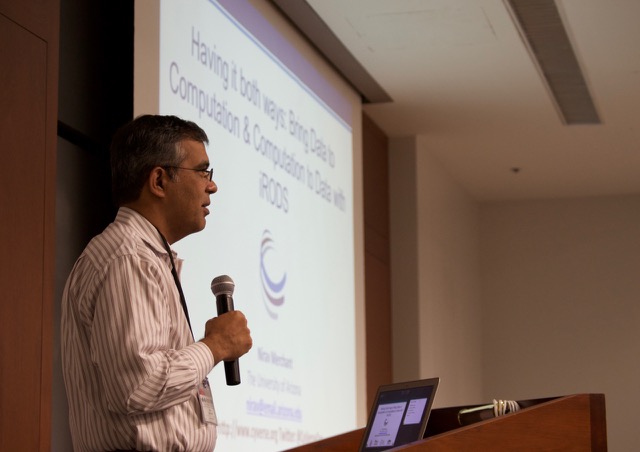In genomics and other medical fields, researchers are now able to capture and store large amounts of data from electronic medical records (EMRs). But while capturing massive amounts of medical data is becoming common, figuring out how to analyze, interpret and use it in ways that benefit the health of patients remains challenging.
To meet the needs of researchers and clinicians eager to translate data into better health outcomes, researchers at RENCI and the University of North Carolina School of Medicine developed a prototype Genomic Clinical Decision Support System (CDSS). The framework so far has been used in genomic research projects, such as NCGENES, a project led by the UNC genetics department to evaluate the use of whole exome sequencing as a diagnostic tool in clinical settings. However, the developers of the CDSS have conceptualized it to be used in other data-intensive medical fields, such as medical imaging. It is designed to provide clinicians with a dynamic visual snapshot of the genomic data most relevant to an individual patient and to capture, store, and curate more comprehensive genomic data so it can be easily accessed and used in future research and clinical practices.
Read more






 CHAPEL HILL, NC – The iRODS Consortium announced today that Jason Coposky, Chief Technologist for the consortium for the past two years, has been named Interim Executive Director.
CHAPEL HILL, NC – The iRODS Consortium announced today that Jason Coposky, Chief Technologist for the consortium for the past two years, has been named Interim Executive Director.